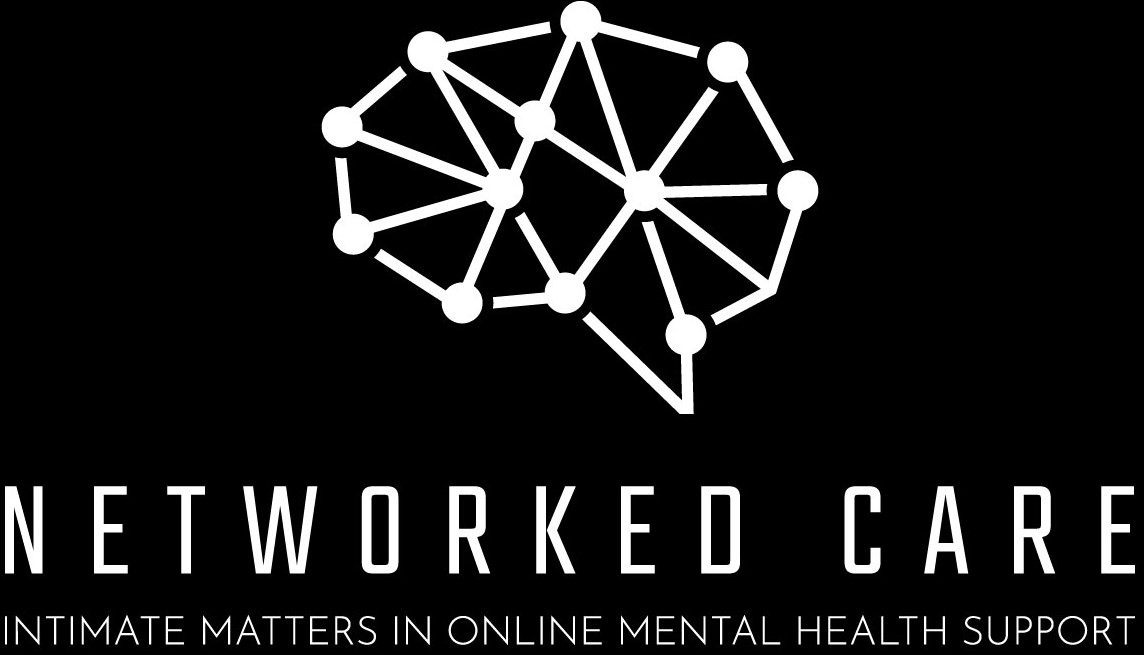Welcome to a webinar ‘Mental Health In a Digital Age’ which will take place online on Friday the 24th of May 2024, 12.00-14.00 (Finnish time, UTC+3). The event consists of a talk by Professor Ian Tucker, followed by a commentary and Q&A.
Zoom link: https://tuni.zoom.us/j/63287389032
Meeting ID: 632 8738 9032
Programme:
Professor Ian Tucker (University of East London, UK): Mental Health in a Digital Age: Relationality, Mediation and New Practices of Support
Commentary by Satu Venäläinen, PhD, Adjunct Professor, University Lecturer in Social Psychology, Department of Social Sciences, University of Eastern Finland
Q&A
Abstract
A digitisation of mental health support has been underway for some time (Ellis & Tucker, 2020). This includes the development of digital versions of existing practices of support, such as embedding existing therapeutic interventions in digital form (e.g. CBT), through to embracing digital ways of creating new forms of online-only support (e.g. peer support communities). These moves were underway pre-Covid, but the virus has catalysed a digitisation of support. Tens of thousands of ‘mental health apps’ are now available that range in focus from meditation through to AI-driven chatbots. There is also the use of digital platforms by existing community-based mental health groups, which can engage individuals with a range arts and creative activities, along with providing more general peer support.
In this paper I explore new practices of support enacted in and through digital platforms. Several things are at stake relationally in new support practices. The use of digital forms of support involves reconfiguring relations that individuals have with own mental health, with others, and in a context of increasingly data-rich environments. In-person relationships of support (e.g. as featuring in peer-groups) face a simultaneous distancing (geometrically) and closeness (immediacy of digital support). Digital practices of support have the potential to transform the multiple spatial and temporal relations that constitute support, as technologies become relational actors in support ‘in the present’, which is simultaneously shaped by memories of the past and anticipations as to what the future holds.
These questions shape the discussion in the present paper, which draws conceptual and empirical work exploring the impact of digitising forms of mental health support. The paper presents insight of the reconfigured support practices and their potential impact on experiences of mental ill-health.
Bios
Ian is Professor of Health and Social Psychology at The University of East London. Ian’s research interests include mental health, emotion and affect, digital media and surveillance. He has published empirical and theoretical work on care and recovery in a range of environments for mental health support; digital peer support in mental health and surveillance. Ian is currently working on a UKRI MARCH Network+ project exploring the impact of digital platforms in relation to ‘community assets’ (e.g. arts and creative communities) and experiences of mental ill-health. Ian is co-author of Social Psychology of Emotion (Sage) and ‘Emotion in the Digital Age’ (Routledge’s Studies in Science, Technology & Society Series).
Satu currently works as a university lecturer in social psychology at the University of Eastern Finland. The bulk of her previous research focuses on discursive online and offline representations of gendered violence and affective-discursive dynamics related to gendered inequalities, violence and intersectional distinctions. Her current research project explores affective and discursive meanings and dynamics of sexual harassment among young people. She has published in journals such as Social Problems, Men and Masculinities, The Sociological Review, Feminist Media Studies, European Journal of Women’s Studies, and Feminism & Psychology.
The webinar is jointly organised by Networked Care: Intimate Matters in Online Mental Health Care (NetCare), a research project funded by the Research Council of Finland (PI: Marjo Kolehmainen), MadEnCounters: Visibilising Counter-Stories of Mental Distress, a research project funded by the Kone Foundation and Research Network on Mental Health in Social Science (Yhteiskuntatieteellinen mielenterveystutkimuksen verkosto).
More information: Marjo Kolehmainen (marjo.kolehmainen@utu.fi)
